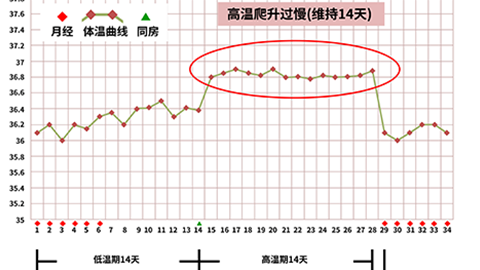What does ovulation period mean?
In general, the ovulation period refers to the time frame within a woman's menstrual cycle when ovulation occurs, which is the period with the highest probability of pregnancy. The detailed analysis is as follows:

Ovulation is the period within a woman's menstrual cycle when the ovaries release an egg. Its occurrence is closely related to hormonal changes in the body. At the beginning of the menstrual cycle, follicles within the ovaries gradually develop, and rising estrogen levels promote follicle maturation. When a follicle reaches a certain stage of development, it ruptures under hormonal influence and releases an egg. This process is called ovulation, and the corresponding period is known as the ovulation period. If the released egg meets and combines with a sperm cell, it may form a fertilized egg; if not, the egg will gradually degenerate, the uterine lining will subsequently shed and menstruation occurs, completing one menstrual cycle.
During the ovulation period, attention should be paid to personal hygiene, frequent changing of underwear, avoiding tub bathing and unclean sexual activity to prevent infections of the reproductive system. Women who are planning a pregnancy can observe changes in vaginal discharge or monitor basal body temperature to help determine the timing of ovulation; those who are not planning a pregnancy should use contraception during sexual intercourse in this period to avoid unintended pregnancy. Additionally, maintaining regular作息 (sleep-wake cycles), avoiding excessive fatigue, and eating a balanced diet can help the body maintain good physiological condition.




